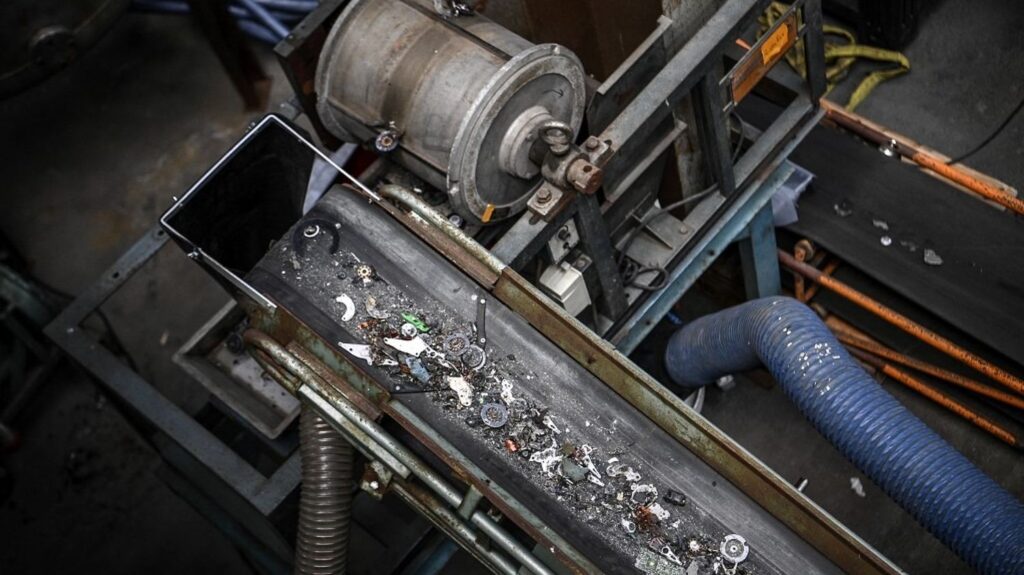China has a near-monopoly on the processing of rare earths and is accused of taking advantage of its position. European industry is trying, not without difficulty, to escape its dependence.
/2023/07/07/64a7df4c5fe71_placeholder-36b69ec8.png)
Published
Reading time: 4min
/2025/11/02/000-9d2989-69077a8be3c6c059271791.jpg)
Perhaps a breath of fresh air for French and European industries facing serious difficulties in supplying rare earths. The agreement between the United States and China, which holds 90% of world production, will also apply to the European Union. This was assured by European Trade Commissioner Maros Sefcovic.
This means the end of the restrictions imposed by Beijing on October 9 and which risked suffocating European industry. An episode of tension which cruelly highlighted the heavy dependence of Europeans. Even if the geopolitical situation seems to be easing a notch, European governments and industrialists are seeking to escape this dependence.
The industries did not in fact wait for the economic and diplomatic psychodrama of recent weeks. One of the most recent pieces of evidence is on display in the reception hall of one of the research centers of the automotive supplier Valéo, in Cergy-Pontoise, near Paris. It is an electric motor that does without rare earths and is the pride of Pascale Herman, director of innovation. “When you have an electric motor in an electric car, you use magnets to create a magnetic field that turns the engine. In these magnets, we have a fairly high concentration of rare earths”she explains.
To successfully do without it, Valéo used an already known technique, which it improved. “The principle is to replace the magnets with copper coils which, when powered electrically, will create a magnetic field. We can call them electromagnets or a wound rotor. It is a relatively well-known technique.”
“The whole challenge was to do this while trying to be as compact as possible.”
Pascale Hermanat franceinfo
This so-called “wound rotor” technology is also implemented by Renault on its electric vehicles. The diamond brand is working on a new model. These engines will be deployed in the next generations of electric cars expected by the end of the decade.
Except that this does not solve the problem of dependence on Chinese rare earths. The needs of the industry are much broader. If we stay in the automotive sector, it’s not just engines, but also batteries that use rare earths. There, the technology to do without it is not as mature as for engines. Sodium batteries, for example, work but do not yet have sufficient energy efficiency to compete with lithium ion batteries, the most common currently in electric cars. Geopolitical risk still has an advantage: investors are much more motivated to finance research projects.
The prospect of being able to do without rare earths is still distant. However, other solutions may be available to Europeans to alleviate their dependence. The first consists of extracting or transforming it in Europe. The Bureau of Geological and Mining Research (BRGM) launched this year an inventory of the French subsoil to have a precise idea of rare earth deposits.
In Gironde, there is a gigafactory project which aims to refine cobalt and nickel. But these projects and these perspectives pose another problem. “A mine pollutes. A fortiori, we are insupportable at the very idea that this type of industrial infrastructure could reopen on our territory, so inevitably, it is always a subject of debate”recalls Guillaume Pitron, journalist and researcher at Iris, specializing in raw materials.
Another solution is the recycling sector. There too, projects are emerging, such as this factory which is due to begin operations in 2026 near Pau. However, we are still very far from competing with China, which is also a global giant in rare earth recycling.


